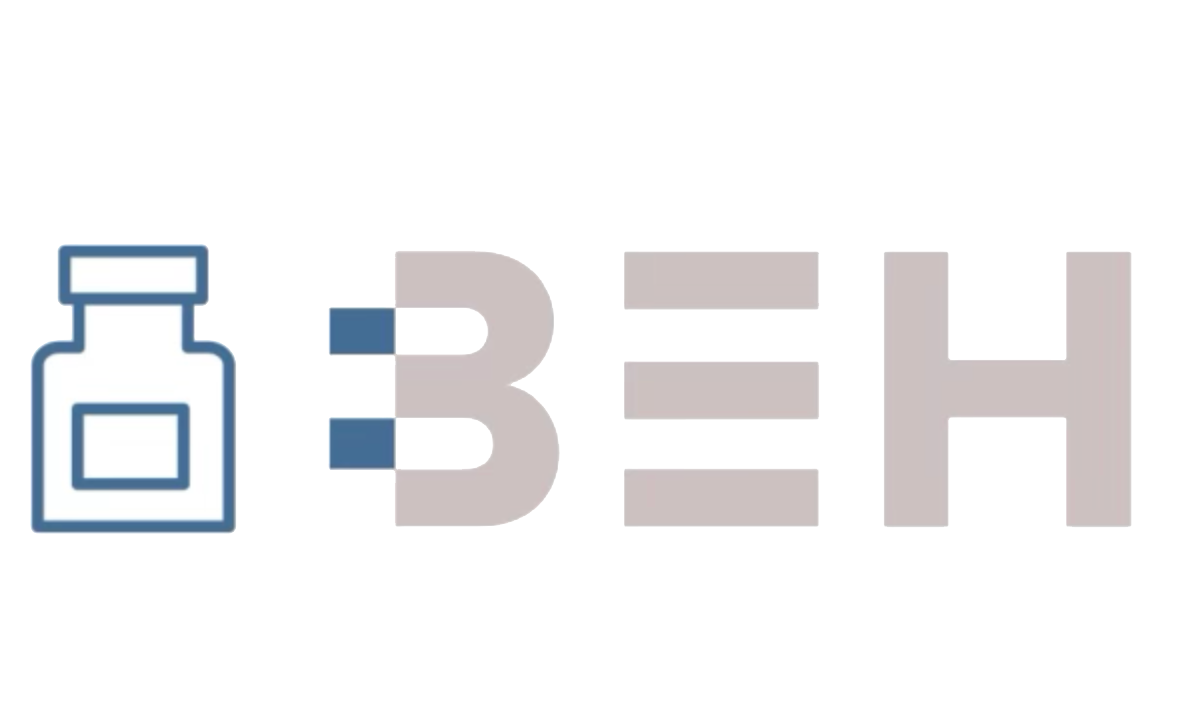Finding Purpose Through Service
Growing up, I spent many weekends volunteering at my local church. Whether it was helping with Sunday school, organizing food drives, or simply lending a hand wherever it was needed, service became a cornerstone of my upbringing. The connections I built with people—hearing their stories and sharing their burdens—taught me the value of community and compassion. Even though I’ve never considered myself pre-med, I’ve always wanted to carry that spirit of service into whatever I do. That’s what drew me to volunteer at the Los Angeles Downtown Medical Center (LADMC) Medical Fair.
The LADMC Medical Fair was a whirlwind of activity. Patients from diverse backgrounds came in for health screenings, consultations, and resources they might not otherwise have access to. My role was simple: I helped manage the patient flow, directed people to the right booths, and assisted with translation when needed. But the impact of those interactions was profound. A man in his sixties thanked me for helping him navigate the event, sharing that he hadn’t seen a doctor in years because of financial struggles. A young mother expressed gratitude for a simple packet of nutritional information, something she said would help her better care for her children. These moments reminded me of the work I used to do at church, where even the smallest act of kindness could brighten someone’s day.
I may not be pursuing medicine, but connecting with patients at the fair reaffirmed my belief that service transcends professions. You don’t have to wear a white coat to make a difference in someone’s health journey. Sometimes, being present, listening, and showing kindness can have just as much of an impact. However, my time at LADMC also highlighted the barriers that many underserved populations face in accessing basic healthcare.
To address these issues, I believe we need more community-driven initiatives. Churches, community centers, and schools can partner with organizations like LADMC to host medical fairs more frequently, ensuring consistent access to care. Additionally, I would love to see more emphasis on preventative health education. For example, hosting workshops on nutrition, exercise, and stress management can empower people to take charge of their health before issues become critical. Finally, creating a robust volunteer network that includes non-medical professionals like myself can help bridge the gap between healthcare providers and the communities they serve.
At its core, service is about connection. Whether I’m volunteering at a church or helping out at a medical fair, my goal remains the same: to create meaningful relationships and leave a positive impact. As I reflect on these experiences, I’m reminded that service isn’t just something you do—it’s a way of life. And I’m excited to continue finding new ways to make a difference, one interaction at a time.
References:
LADMC Medical Fair. "Community Outreach Initiatives." Los Angeles Downtown Medical Center, www.ladmc.org/community-outreach. Accessed 20 Jan. 2025.
Satcher, David. "The Importance of Community-Based Health Initiatives." American Journal of Public Health, 2010, www.ajph.org.
United Methodist Church. "Service Through Faith: Volunteering for a Better Tomorrow." www.umc.org/service. Accessed 20 Jan. 2025.

